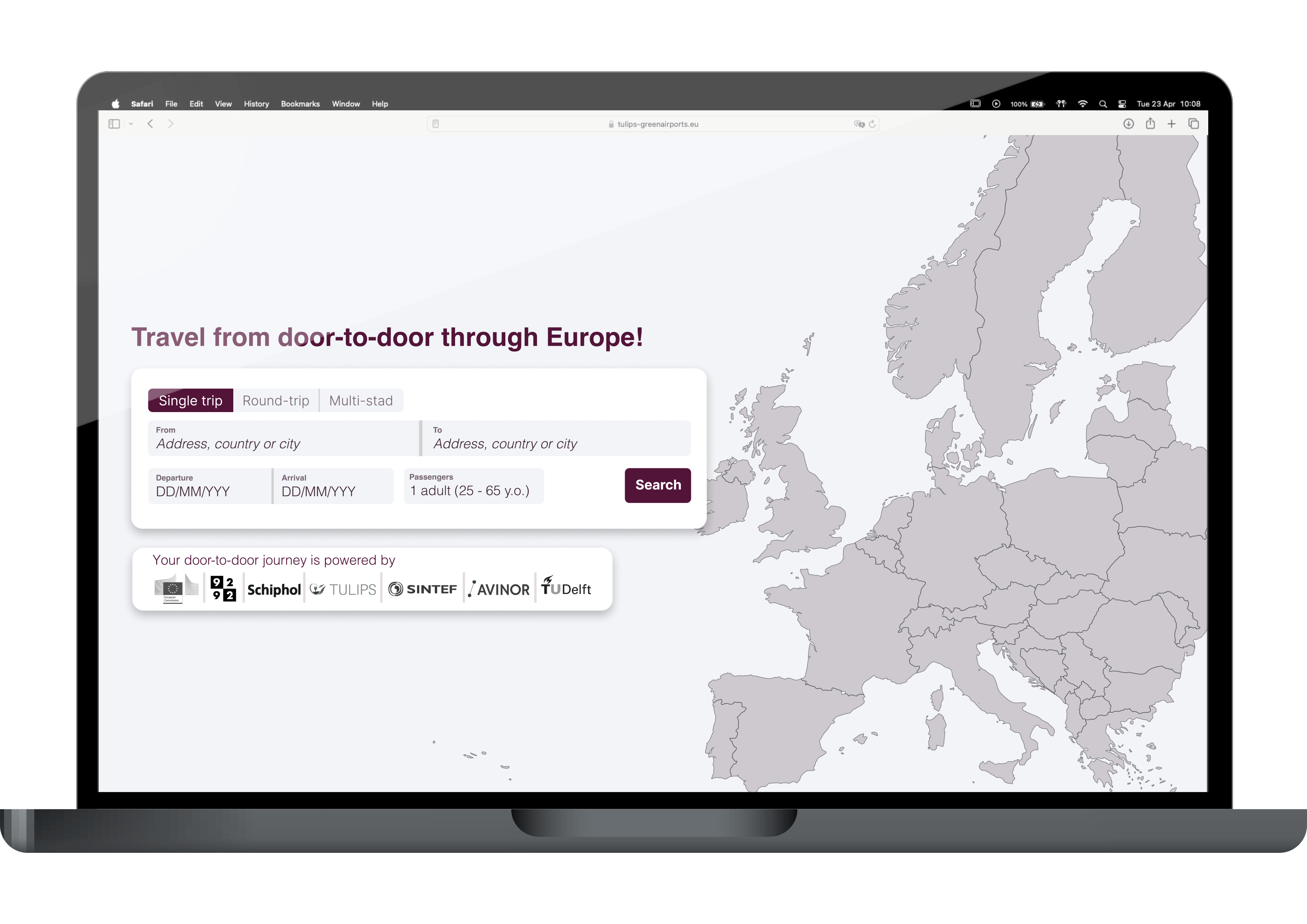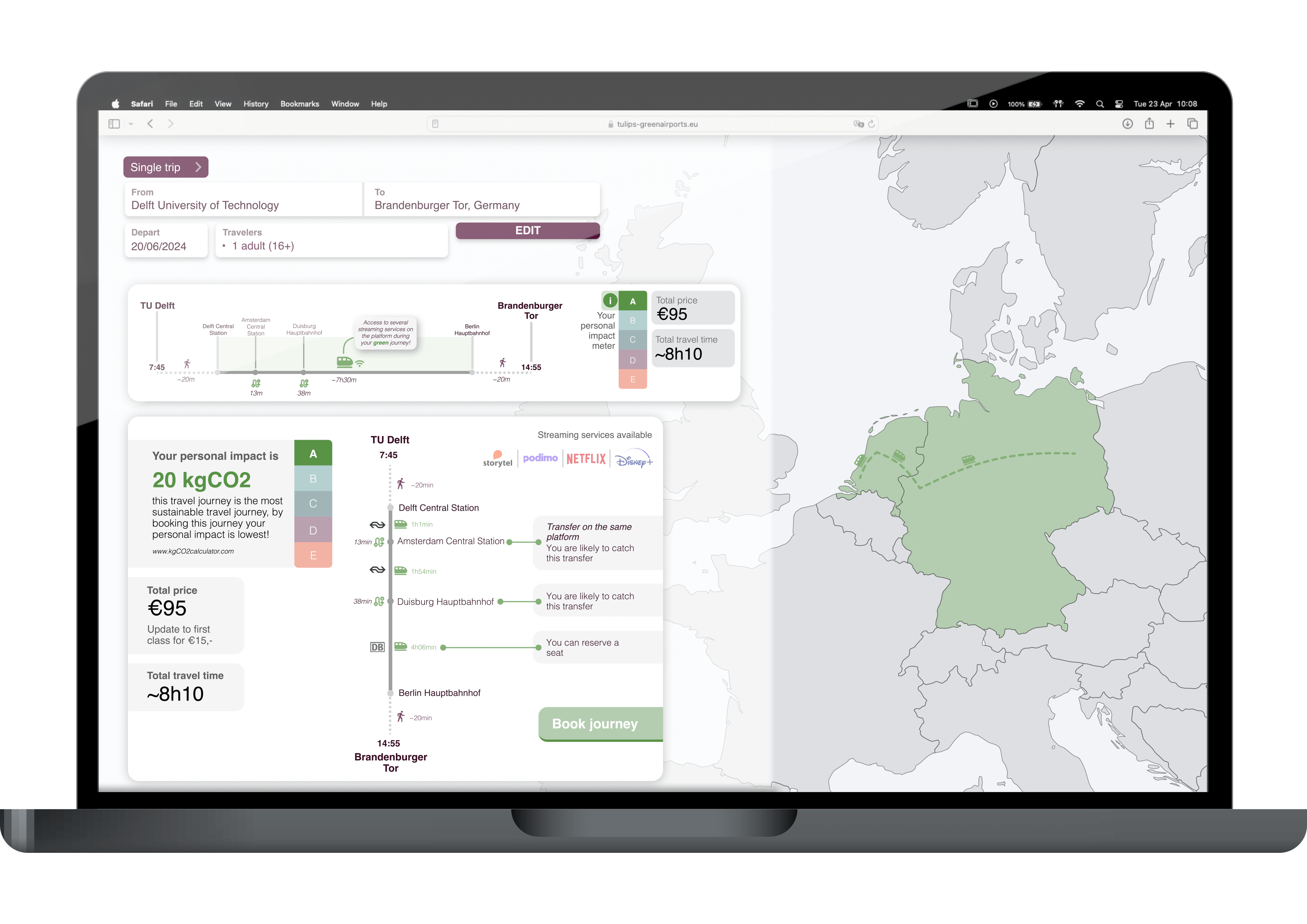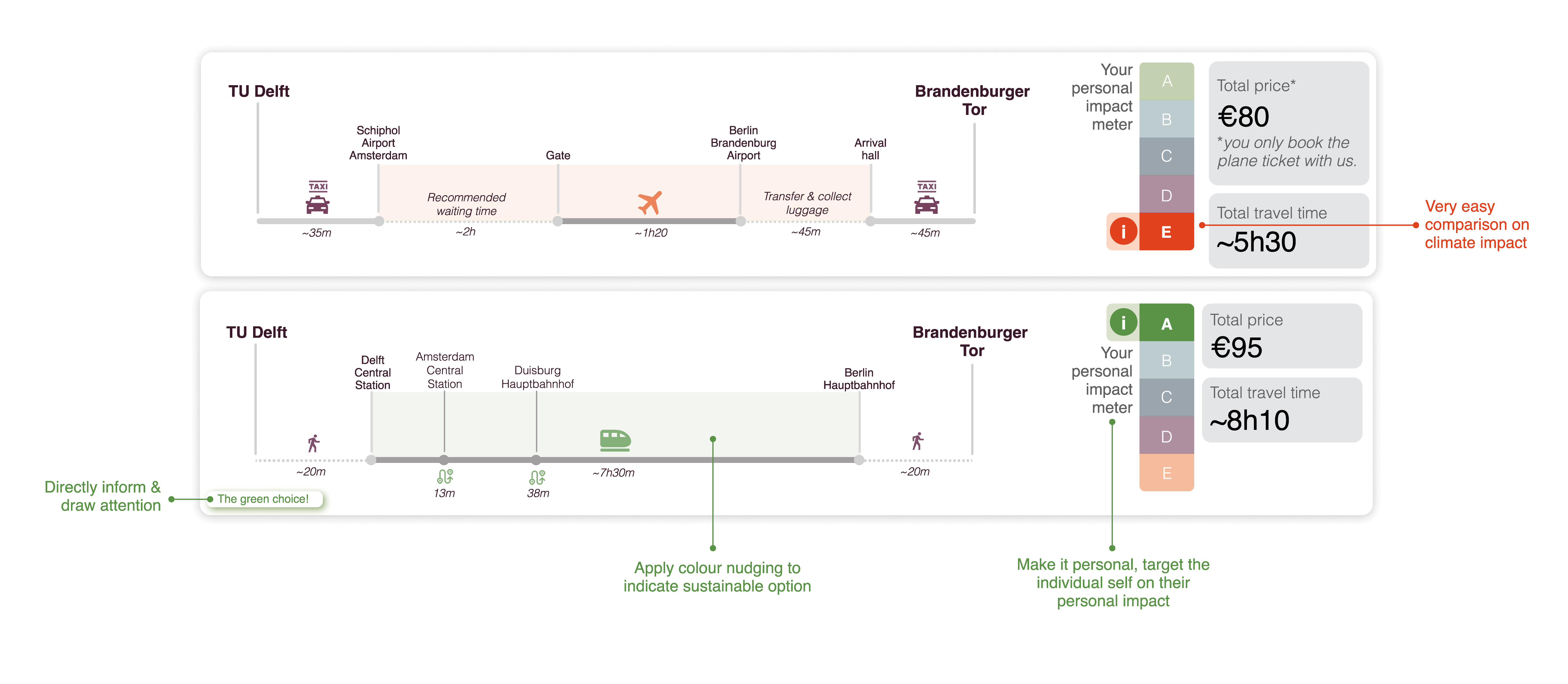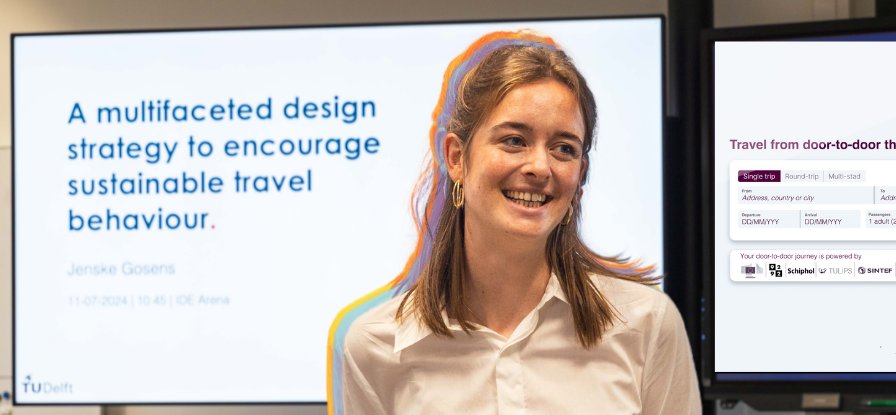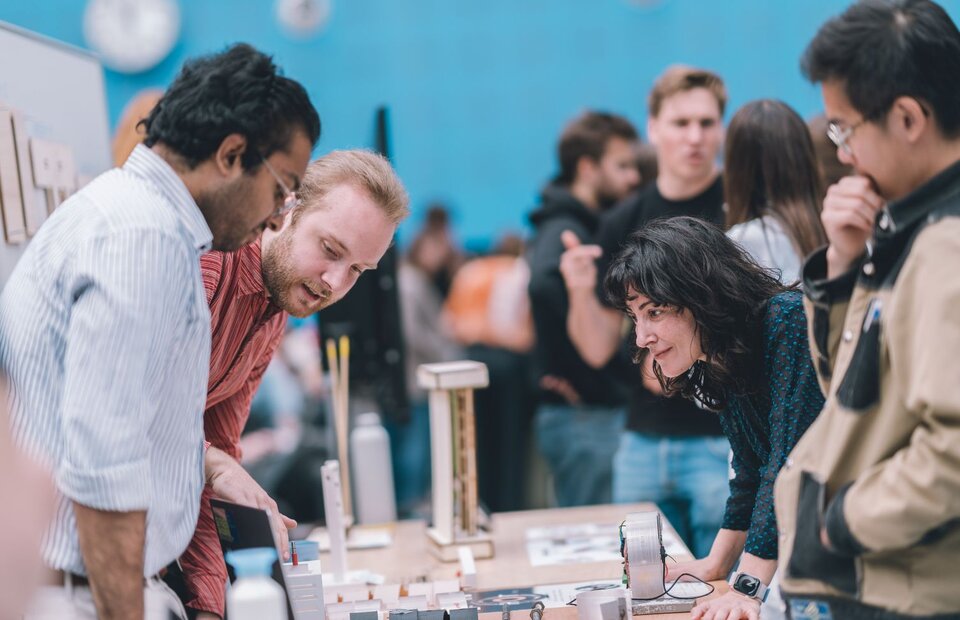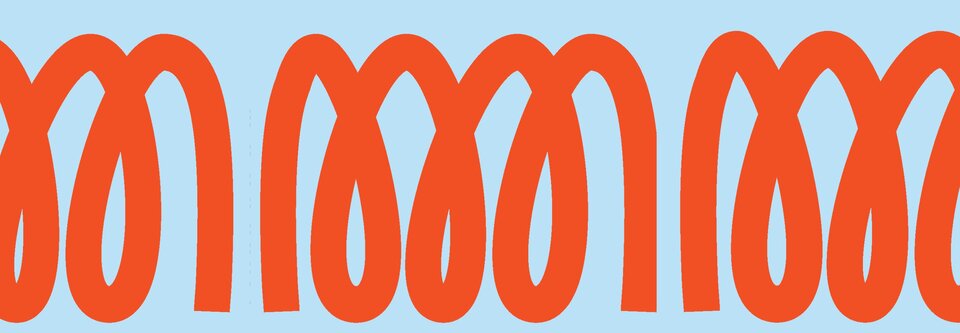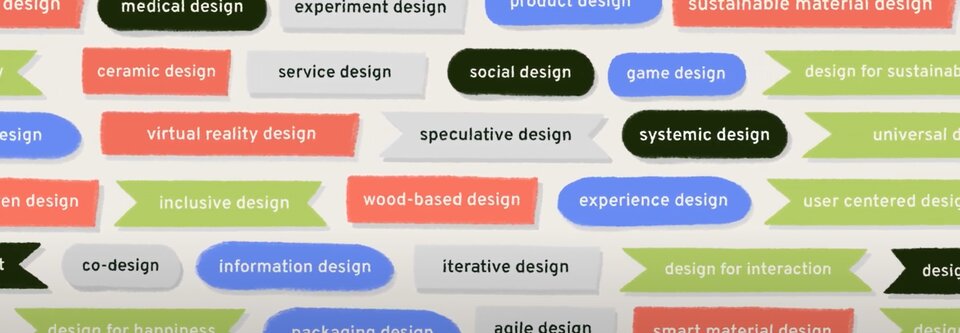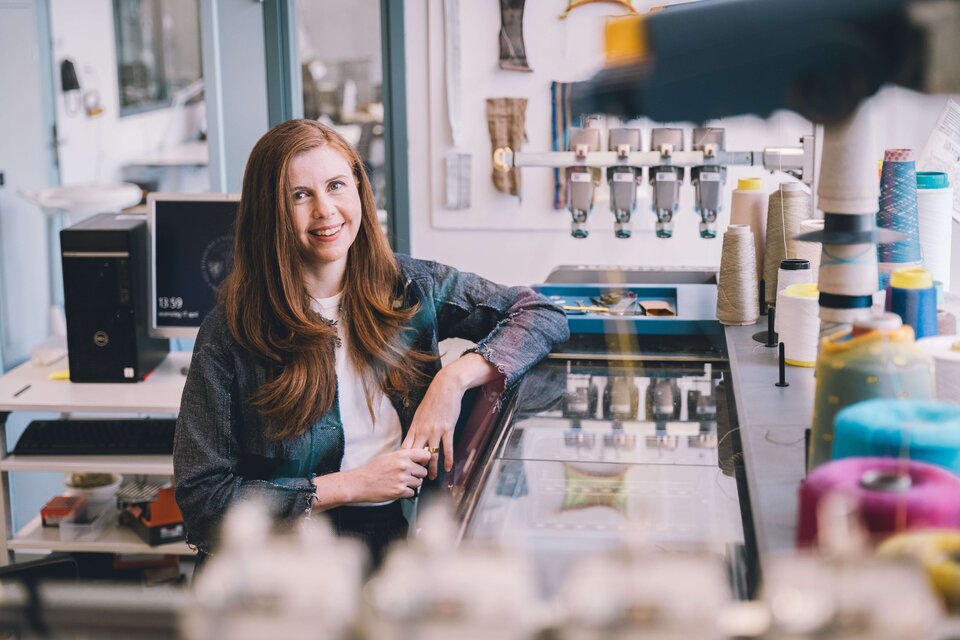Sustainability scores could boost green travel
How do we gently push travellers to explore more sustainable travel methods, such as trains? IDE alumnus Jenske Gosens dedicated her graduation project to figuring this out. Her recommendation? A neutral booking platform that assigns sustainability scores to different travel methods. “This platform both motivates and facilitates different kinds of travelers.”
Should we travel by car this year? Book a flight? Or get to our location via train? Chances are, you’ve never seriously considered the third option when planning a holiday. And that's not surprising. Travelling by train can be quite the (complicated) adventure, albeit the greener choice. So what does it take to convince travellers to switch lanes and travel more sustainably?
The traveller’s dilemma
Design alumnus Jenske Gosens dedicated her MSc graduation project to picking apart this challenge. "I noticed a contrast between travellers’ actions and convictions," Jenske says. "There is the will to travel sustainably, but also the urge to get out and about. Finding a balance between both proves to be difficult, as we like to justify our behaviour. We find excuses like, ‘I'm young and I want to see the world', or 'the government should just organise sustainable travel in a better way'."
"To change people's behaviour, we can tinker with two buttons. We can try to influence their motivations. For example, people don't see a plane trip as bad for the environment, so why choose an alternative method? Or they think train journeys take too long. The second button is that people think they lack the knowledge and skills to organise longer train journeys by themselves. For instance, how do they arrange a smooth transfer or what do they do in case of delays?"
Jenske chose to both motivate and assist people in booking sustainable journeys. "I built a concept for a neutral platform, where you can plan your international trip using a combination of transport modes. By train, by bus, and also by plane. Because you want to help people who think they can't book a trip like this by themselves. And you want to give a subtle push in the sustainable direction to travellers who need some convincing.”
A- and E-scores
For this push, Jenske tested several options, one of which seems very promising. We know about the Nutri-Score, which gives food a score based on its overall nutritional value. Or the Repairability Score, which shows how repairable electrical appliances are. "These systems work well, which is why I developed a travel scoring system based on these principles.
A sustainable trip gets an A-label and a trip causing more pollution gets an E-label. This means the platform offers an air travel option, but the score shows it is not a green choice. It is important, however, to strike the right balance here, because if the user feels too guilty, they might avoid the platform."
Jenske tested the labels on a limited sample size and the reactions were positive. IDE Assistant Professor and Jenske's supervisor Suzanne Hiemstra-van Mastrigt: "We saw a significant increase in the number of chosen train journeys compared to the control group, which chose air travel more."
But there were also questions, especially about how the scores were compiled. Jenske: "That is a valid point, since such a system stands or falls with a credible data model. However it is difficult to develop a good model. For example, organisations use different calculations, have limited data available, or don't always want to share this information."
Further testing
These findings are just the beginning. Jenske did her graduation project as part of TULIPS, a European consortium that aims to reduce emissions from the aviation sector. Suzanne Hiemstra-van Mastrigt: "This fall we will launch a larger-scale survey on this labelling system within TULIPS. We aim to publish the results later this year. Next year, we hope to test a working prototype of the platform."
"Travelling is a habit," Suzanne concludes. "This applies to daily commutes, and also to holidays. People often look for cheap flights first and then don’t consider alternatives. The thing is that you don't need to do everything by train, it can already help if you take the train for the first part of your journey for example. With TULIPS, we want to make people aware of their choices. This requires a fair comparison, in terms of distance, time, price, and environmental impact."
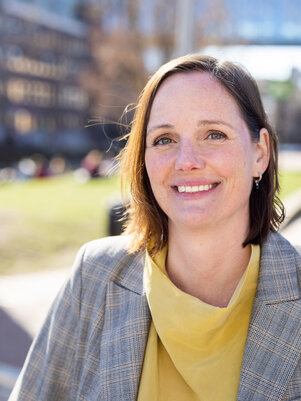
Ruth Mugge
- +31 (0)15 27 83008
- R.Mugge@tudelft.nl
-
Room B-4-010

